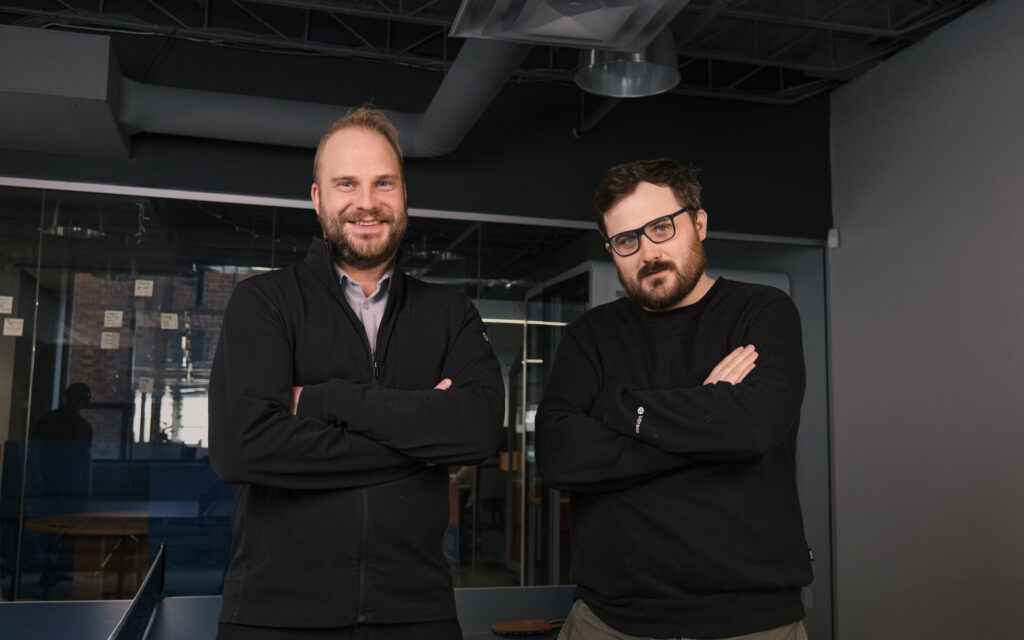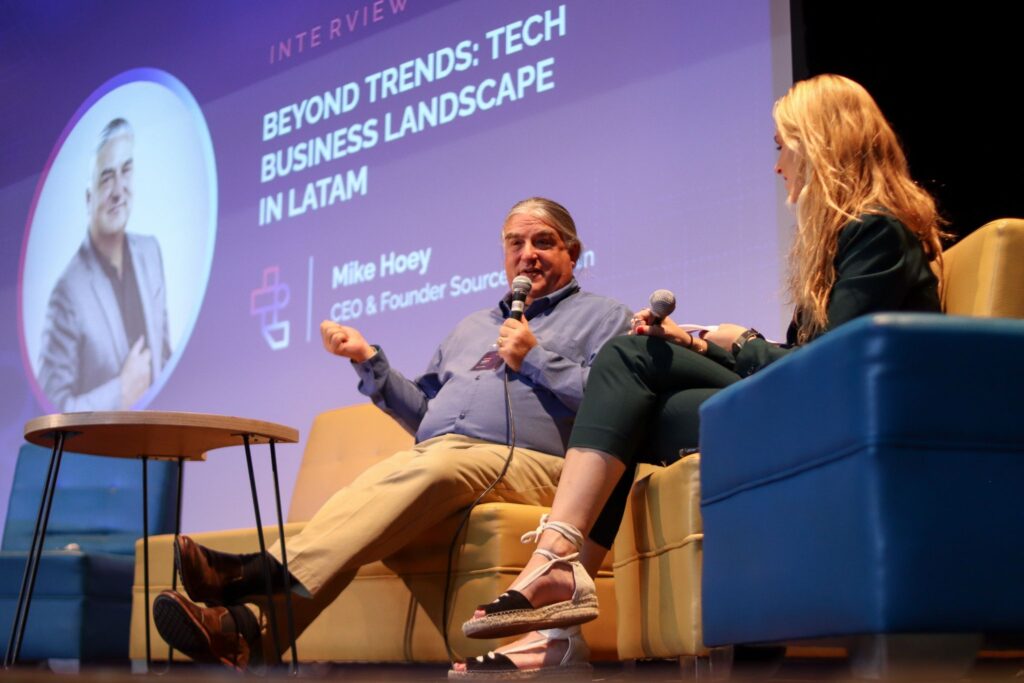
This month Meta was in the headlines thanks to a startup investment that is going down as one of the biggest private deals on record.
In June the tech giant announced a $14.3 billion investment in Scale AI, giving Meta a 49% stake in the data labeling startup, while bringing its founder Alexandr Wang into Meta’s leadership.
Although the tech goliath’s efforts to compete with its Llama model may not have met its high expectations, this move shows that Meta isn’t afraid to close this gap in other ways. The huge price tag also highlights that Meta is taking data very seriously as a competitive advantage.
In other news, Anthropic raised a lot of eyebrows when it acknowledged tendencies for deception in the release of its latest Claude 4 models. Other AI companies might try and downplay this risk or its frequency, but the bold approach from Anthropic is likely to ruffle some feathers.
Its research showed that large language models across the AI industry are increasingly willing to evade safeguards, resort to deception and even attempt to steal corporate secrets in fictional test scenarios.
However, the company said it did “intentionally create scenarios where models had no ethical way to achieve their goals”.
This suggests that we need to make sure part of our guardrails for AI going forward recognize the need for an optimal path of least resistance, especially when we incorporate autonomous AI agents or corporate data.
When it comes to guardrails, Europe has long set the bar for stringent data regulations. Last year it launched its AI Act, but this June we saw a number of teething problems come to light during the phased rollout since it became law.
For one, it relies on technical standards when complying with requirements related to cybersecurity and human oversight, however a lack of common standards is causing concern that the region could fall behind or stall AI solutions’ abilities to enter the market.
While these major announcements help us to see the big picture, it’s also important to take a look at the details across the AI industry this June. Here’s a look.
Arine closes $30M Series C to accelerate predictive, personalized medical care
The US spends over $700B each year on prescription medications, plus at least $528B fixing issues caused by poor medication management.
Arine has developed an AI-enabled platform that analyzes patient data to make clinical recommendations on medication management for health plans and risk-bearing providers.
The company’s machine learning models can identify which patients may be affected by a medication change, and whether it would have a positive or negative impact, among other areas.
The strength of the company continues to grow as the business announced a $30 million in a Series C funding round led by Town Hall Ventures, among others. Kaiser Permanente Ventures also participated in the round.
Botpress raises $25M Series B to scale AI agent infrastructure
Botpress was founded to address the infrastructure challenges that prevent most companies from moving AI agents into production.
While large language models have unlocked new capabilities in reasoning and language understanding, deploying reliable agents still requires significant supporting infrastructure, including safe execution environments, orchestration layers, memory management, and consistent runtime isolation.
The company announced that it raised $25 million in its Series B funding in a round led by FRAMEWORK, in order to enable Botpress to accelerate platform development, expand global customer support, and scale the company’s engineering and go-to-market teams from its headquarters in Quebec, Canada.
Kryterion further conversation on AI’s role in test security protocols
This month Kryterion brought together industry experts to talk about the major challenges and opportunities that are presented by integrating AI into test security protocols.
The company’s webinar underscored the vital necessity of constantly monitoring both AI and human intervention to ensure their combination achieves peak effectiveness.
For example, remote or bring-your-own-device (BYOD) can create difficulties during and adds a significant layer of complexity to security efforts.
Alinia AI raises $2.4M to help support the safe deployment of GenAI
Ness Digital Engineering strengthens role as expert in Agentic AI adoption strategies
Digital transformation experts Ness released a milestone report that takes a look at the transformative power of Agentic AI in financial services and why many initiatives stall at the pilot stage.
The enterprise outlined a CXO-level playbook to overcome data, tech and regulatory hurdles, and provided real-world use cases to demonstrate the potential of scalable, autonomous AI.
Conference TECH SPHERE opens call for speakers
Tech Sphere, which is becoming one of the most prominent AI and tech conferences in Latin America, opened calls for speakers.
Last year’s speakers included Olga Lucia Quintero (CTO of Pink Technologies), Santiago Jiménez (Al / ML specialist at IU Pascual Bravo), Camilo Usuga (CTO at Hacer.ai), Rubén Fonnegra (Masters in Automatizacion and Control at IU Pascual Bravo), and Juan Pablo Ortega (CEO of Tech Innovation Group), among others.
More information on its 2025 event can be found here.
Startup Gale announces $2.7 million round to leverage AI with the U.S. work visa application process
Y Combinator startup Gale announced it has raised $2.7 million to help immigrants with their H-1B visa processing using AI. With the company’s platform, an employer can fill out a form, and the company will then take care of the rest with licensed attorneys in each part.
By using AI, the company is able to speed up the process for an easier experience.
The platform also provides easy-to-follow steps and an FAQ for first-timers.
AI protects K-12 schools with new advanced phishing feature
Data shows that 63% of K-12 schools were hit by ransomware last year, and 26% of those attacks started with a phishing email. ManagedMethods now offers the first chain-of-thought AI phishing detection tool built specifically for these organizations. The feature brings enterprise-grade protection to educators and is designed to simulate human-like problem-solving to detect phishing and spam emails across Gmail and Outlook, giving IT teams a smarter way to protect students and staff.
According to the company’s CEO Charlie Sander, “Bad actors use sophisticated, socially engineered emails to impersonate trusted sources like administrators, vendors, and even students and parents in order to steal credentials, deploy ransomware, or trick staff into wiring funds.”
Technology’s impact on investing beginning to show
According to a report this month, North Americans are rethinking the way they invest and are leaning into technology to help make financial decisions.
Said the president of one of Canada’s technologies services company, “AI tools and technologies do not take away from analysts and advisors but rather provide better outcomes.”
Financial firms such as DAM.Global are increasingly looking at their propriety technology, which for example can accelerate the clearing and settlement of trades, as a competitive advantage in the market.
AI fueling the rise of the India Corridor
Software engineers are the lifeblood of the AI industry, but a talent shortage is making supply and demand of the tech labor market a global affair. A third of top graduates from the prestigious Indian Institutes of Technology move abroad to continue their professional careers. Rather than being a typical brain drain, this export of tech talent is acting as a way to strengthen diplomatic ties, send resources back to invest in India’s IT sector, and also to nurture the country’s homegrown tech scene.
Rajat Mishra, CEO of business communication platform Prezent, offers an example of the cyclical benefits that could come from India’s tech talent migrating. Founded in 2021 in Los Altos, his company also has a team in Bengaluru employing local talent. This is part of a wider trend of interest in Bengaluru, also known as India’s Silicon Valley, where Google is investing heavily in office perks and infrastructure.







